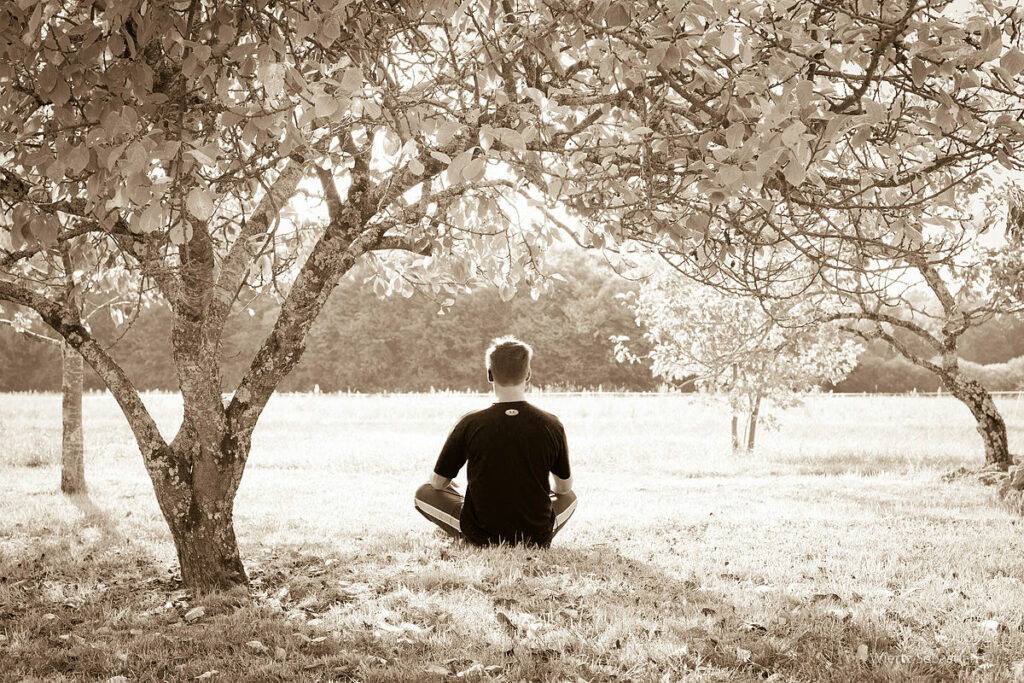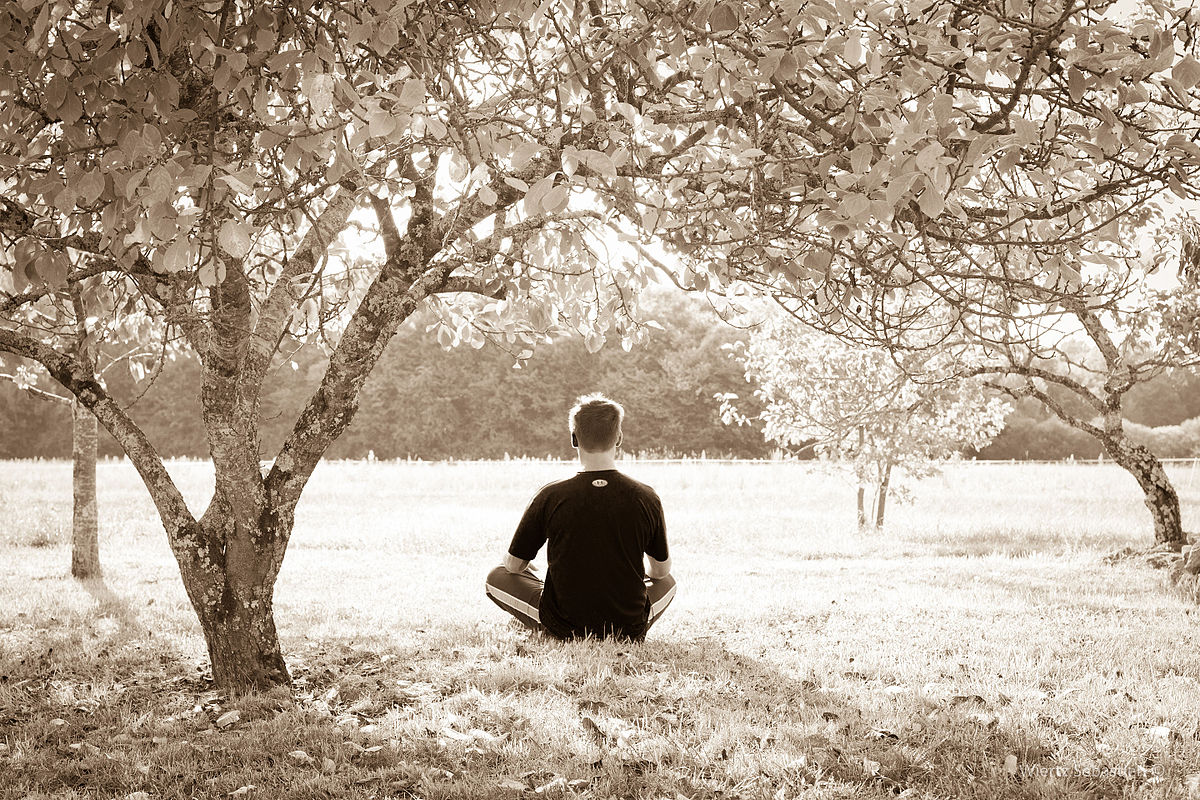A follow-up to ‘Life is Hard’

Take time for you today: meditate.
A few weeks ago I wrote an article for Opinion called “Life is hard,” and in that article, I discussed some of the things I have been doing to take care of myself, and one of those being meditation, which I mentioned but did not discuss.
Meditation to me seemed stupid. I always thought it was a waste of time until my therapist suggested it to me. I am religious, so to me, meditation always came across as prayer without God, a little sacrilegious. And besides, I questioned how sitting and relaxing could make my life any easier. There were so many other things I could be doing with my time.
But I was desperate for any kind of relief. I realized also that I was being incredibly judgmental, especially without giving it a chance to work for me. Over time, meditation has become a dedicated time for me to be in God’s presence.
Meditation is quite simple, and I will be instructing you on how to do so, and I also encourage you, the reader, to give it a try after you read this.
Find a place to sit
This can be an office chair, a desk chair, a couch or even a sofa. I have also meditated to help me fall asleep so you can even meditate lying in bed or on the floor. The importance is that your immediate area is quiet and comfortable.
Set a designated window of time
When I first began, I did meditations as short as three minutes and now I can meditate for as long as 10. It is up to you how much time you would like to dedicate to this task.
Focus on your body
The meditation should now begin and if this is your first time, last for three minutes. Close your eyes and focus on the feeling of your lungs expanding as you breathe. Focus on the feeling of your weight in the chair or your back on the floor. Feel the sensation of your hands in your lap. Feel your hair on your shoulders. Now we are going to slow our breathing.
We will breathe in for four seconds, hold for four seconds, exhale four seconds and hold for four seconds. If this is uncomfortable for you, you can make the breathing in longer chunks, for example, use five-second increments. But it should be no less than four seconds and no more than eight. If your breathing slows to larger increments, that is completely fine and natural.
Focus on your thoughts
For me, this is the most therapeutic part. Imagine something relaxing, this could be a color like black, or ocean waves. I imagine I am simply a large rock in a river. No stress, no burdens. There is only water flowing past me.
Focus on a feeling of peace and let your muscles relax. If your mind wanders that is okay. We will simply nudge our thoughts back towards whatever scenario you originally imagined. If an anxious thought comes your way that is okay too. Simply acknowledge it and let it flow downstream. No reason for it to overstay its welcome.
Let us breathe in again and try your best to imagine your peaceful place while you do so. If you have not done so already, slow your breathing, maybe increase to five-second stretches. At this point, if you can remain in your peaceful place, begin prayer. I would encourage you to keep it peaceful and relaxing. Pray in thanks or just enjoy being in God’s presence.
Let us remember to keep our thoughts on that peaceful place. Breathe in. Hold. Breathe out.
Breathe in, breathe out.
Repeat this until your time is up.
Slowly open your eyes. Let your eyes adjust to the light and return your focus towards your body. Feel the air in your lungs and really ground yourself in your surroundings. Listen for things happening in your environment, birds chirping, footsteps or rain on your window.
You should at this point feel relaxed and this would be a wise time to begin some course work or do another activity that requires focus. One of the benefits of meditation is reduced stress and better attention span.
Meditating also reduces brain chatter so if you’re anxious like me, or struggle with depression this will help with some of those negative thoughts. Over time, it should also help with identifying those negative feelings and not be overwhelmed by them.
That concludes our meditation session for today. Do your best to continue to meditate and to be gentle with yourself when your mind strays.
